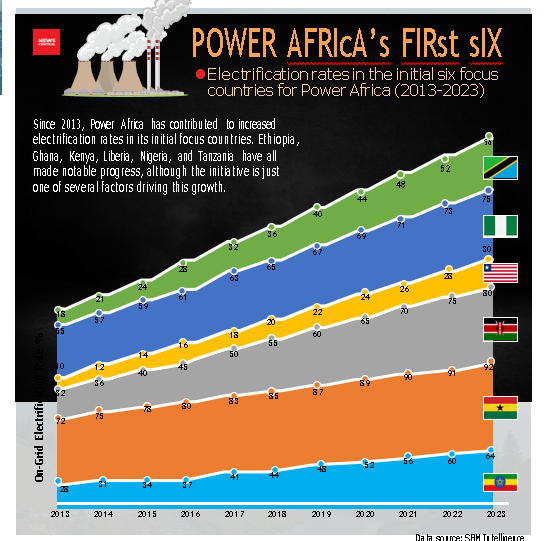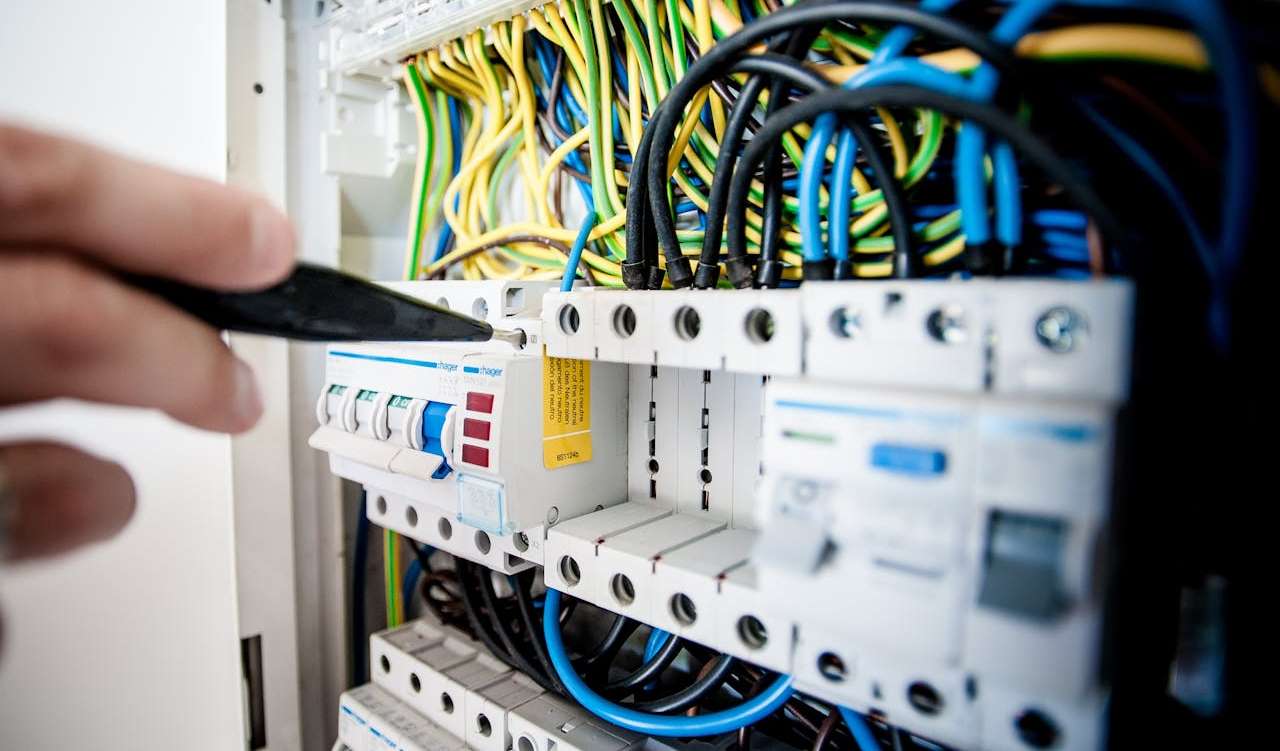The lights are dimming—not metaphorically, but literally—in many parts of Africa. The quiet end of Power Africa, a once-lauded US initiative launched by former President Barack Obama in 2013 to electrify the continent, is more than just the expiration of a foreign aid programme; it’s a jolt to Africa’s energy ambitions. With the United States under the Trump administration pulling the plug in early 2025, African governments are now faced with a cold reality: the donor-driven power lifeline can be abruptly yanked at will.
“The programme’s termination signals a departure from previous commitments to long-term energy infrastructure development,” notes the report by SBM Intelligence. “It underscores the fragility of donor-driven initiatives and the pressing need for African countries to proactively shape their energy future.”
At its height, Power Africa mobilised billions in private sector investment, promoted blended finance, and improved electrification across over 30 countries. It delivered real change: from Nigeria’s off-grid mini solar grids to Kenya’s Lake Turkana wind farm and Ghana’s 400 MW Bui Dam. In these countries, Power Africa helped light homes, run businesses, and power hospitals. But now, it is gone—and what it leaves behind is both a vacuum and a blueprint.
A Fragile Success Undone
Why did Power Africa matter so much? For starters, it brought a rare alignment of capital, technical expertise, and political will to a continent struggling with an infrastructure gap estimated at $100 billion annually. It enabled countries to de-risk energy projects and attract long-term private investments.
“Through credit enhancements, partial risk guarantees, and innovative pay-as-you-go solar models, Power Africa accelerated the adoption of renewable energy technologies,” the report highlights.
Yet, the programme’s demise has proven how fragile even well-structured donor initiatives can be—especially when tied to changing political winds in donor countries. US interests have shifted to security, competition with China and Russia, and cutting aid for more market-driven investments.
“African nations now face the risks of over-reliance on donor-driven programmes,” the report warns. “This moment serves as a wake-up call…not just to keep the lights on, but to ensure long-term sustainability.”

A Pivot to Power from Within
Rather than seek the next geopolitical saviour, Africa must finally flip the switch on energy independence. From Lagos to Lusaka, African countries possess untapped renewable energy—solar, hydro, wind, geothermal—and a vibrant, youthful population capable of driving innovation. What’s needed is political courage and coherent strategy.
The report calls for “regional cooperation in power pooling and cross-border energy trade,” such as through the West African Power Pool (WAPP) and Southern African Power Pool (SAPP), alongside “robust policy frameworks that encourage private investment” and “regional energy financing mechanisms.”
Replace Donors with Domestic Ingenuity
Power Africa’s departure is not merely a subtraction—it should trigger a multiplication of homegrown alternatives. SBM recommends scaling up local financing via sovereign wealth funds, green bonds, and diaspora investments. Crucially, small- and medium-sized enterprises (SMEs) in the energy sector should be supported through concessional financing, tax breaks, and credit access.
“Africa must resist the temptation to replace one set of foreign backers with another,” the report cautions. “Instead, the continent should focus on building internal capacity, fostering homegrown solutions.”
This includes leveraging the untapped wealth of the diaspora. Imagine structured diaspora bonds funding the next generation of clean energy projects—real African ownership powered by African capital.
The end of Power Africa is not the end of Africa’s energy dream. Rather, it is a clarion call to rewire the continent’s approach to power—away from dependency and towards self-determination. If Africa is to light up its future, it must now build a resilient, inclusive, and continent-owned energy strategy.
“The lights must stay on, not through foreign assistance,” the report concludes, “but through Africa’s own ingenuity, strategic foresight, and collective action.”


 Trending
Trending 